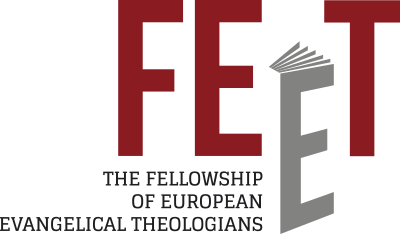Towards a culture sensitive and contextualized mission paradigm
The missiologist and theologian Jonathan J. Bonk wrote, ‘Theology can be liberated from cultural bounds only through mission.’ This understanding is hardly new. We can verify its validity on the pages of Scripture itself, depicted in the development of the early church. The archetypical bearer of the missionary task is the apostle Paul, who in preaching the Gospel connects Jewish and Greek thought. His theology is shaped by his mission, which entails a spiritual struggle to contextualise the Gospel in a foreign cultural environment.
The missionary work of congregations, parishes and churches is often still attached to the secularisation trends. Today, we encounter modern polytheism and new religious movements and cults which offer their spiritualties and mystical experiences. Our old (‘modern’) emphasis on the rational aspect of the divine revelation is not a proper expression of the Gospel of God’s love and grace. The necessary emphasis on the relational aspects of God`s love is slowly gaining attention in various churches. The Triune God of the Scriptures is a relational being who offers his unique presence in Christ Jesus through the fellowship of the Holy Spirit. The trinitarian aspect of the Christian faith leads people more into a closer personal relationship with God and among themselves and it is usually accompanied by various religious experiences.
It remains controversial whether the Barthian dialectic theology and neo-orthodoxy (positive on various fields of theology) which were so popular in Protestant academic circles did not somehow contribute to the communication barrier of Christian mission. In contrast, narrative theology and symbolic language seem to increase in popularity and they are proving to be vital mediators in modern preaching. The subjective experience of faith, which was overlooked and neglected in European Protestant theology for a long time, is also experiencing a massive revival. The American sociologist Peter L. Berger notes: ‘… hope that the explosive pluralism of our times can lead to the birth of a new theological synthesis does not seem in any way exaggerated’.
We have to interpret our secular culture as a challenge for the new evangelisation of Europe. Since modernity stood on two pillars – the development of science and the new self-understanding of an individual – the postmodern era brings religion back on the stage, even though it has the shape of a wide-ranging pluralism. The Irish Jesuit Gallagher is right in describing postmodernity as ‘cultural hopelessness and inconsolability’, but on the other hand it also means a ‘`new openness to faith’. He reminds us also of Cardinal J. H. Newman’s wise opinion that ‘departure from Christianity is not the matter of intellect, but of the heart’. Thus, Christianity is not a ‘theorem’ to which evangelisation should bring proof. Rather, it is an experience through which a Christian must go authentically and then testify to it and share it with others.
The hermeneutics of mission seems to be the most important prerequisite of a proper understanding and application of the biblical text. Missiological emphases often shine through the writings of the New Testament and the Old Testament authors. In his book The Mission of God, Christopher J. H. Wright presents a very helpful hermeneutical approach as well as an application of the biblical missiological foundations. To approach the biblical text without any knowledge of the missionary quest of Israel and that of the early church means giving too much space to modern culture, which may result in a lack of authentic pre-understanding and thus in missing a precise interpretation.
The text above is based on my article ‘Mission in the Czech Republic: Missionary Practice of the Gospel in the Secular Environment’ which will appear in Mission in Central and Eastern Europe: Realities, Perspectives, Trends (Regnum Edinburgh Centenary Series; Oxford: OCMS, 2017).
Dr. Pavel Cerny is a pastor in the Church of the Brethren. Formerly he was president of his denomination and president of the Czech Republic Ecumenical Council of Churches. He also teaches Practical Theology and Missiology at the Evangelical Theological Seminary, Prague.

